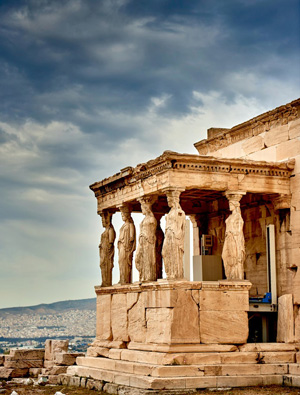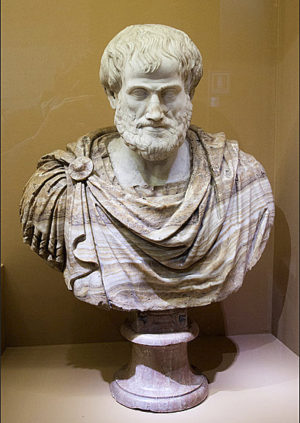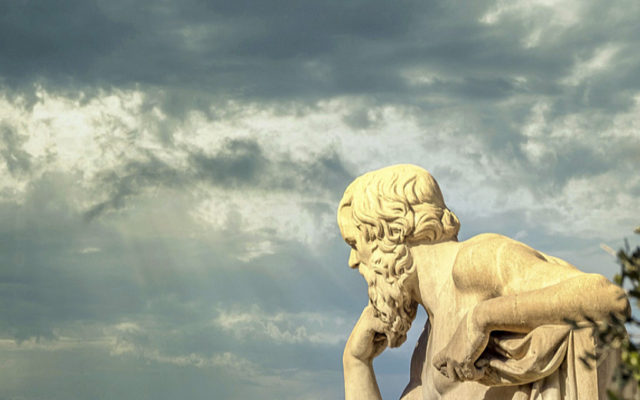Religious morality in Western civilization — Part II: Secular man needing no religious guidance?
It has been argued that secular (non-religious) individuals and organizations display highly moral standards without belief in god or religion. Admittedly, this is true as far as organizations, such as Doctors Without Borders, but not necessarily true of the individuals who actually do the work, many of them are quiet or religious people operating with compassion […]





